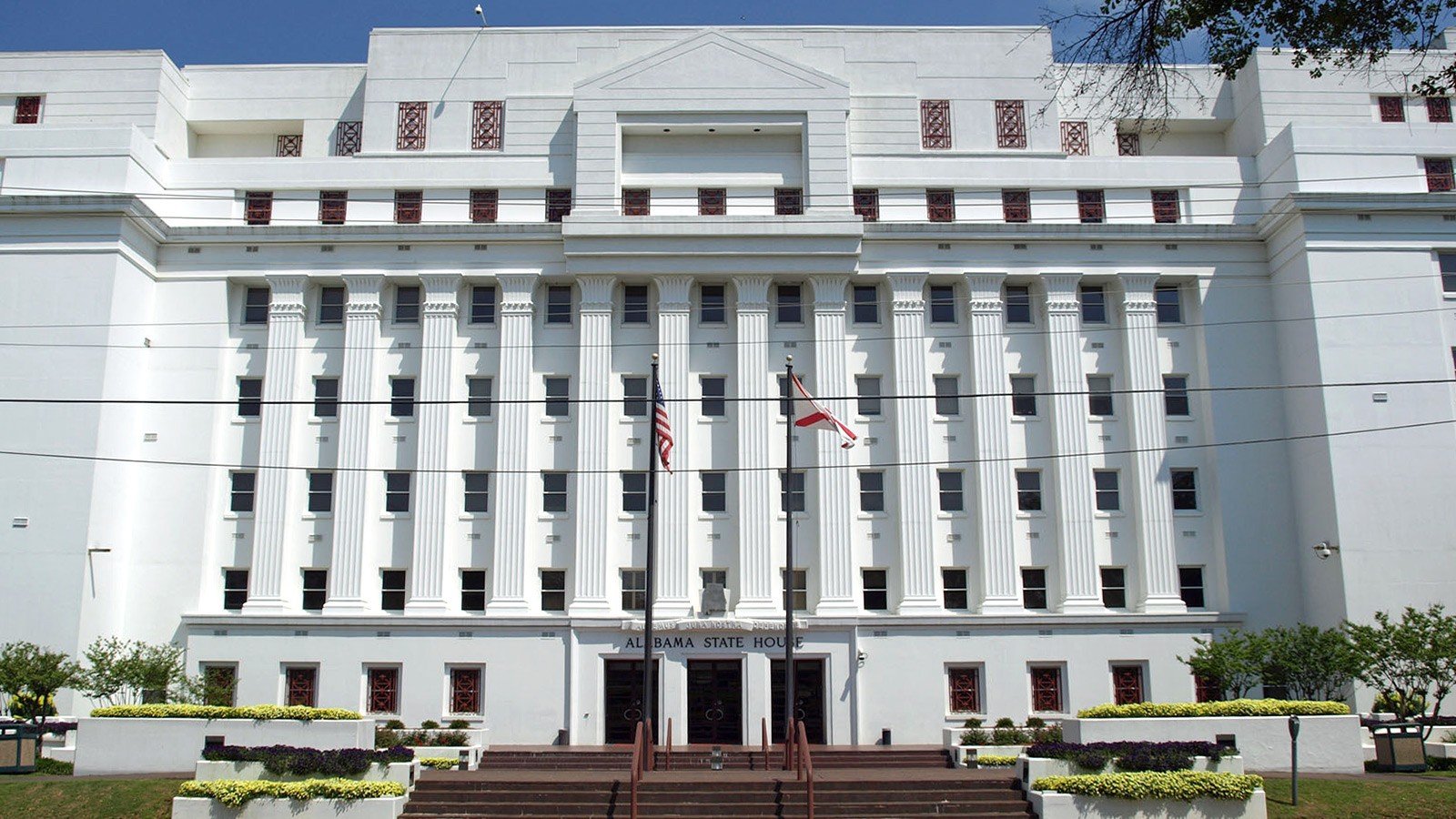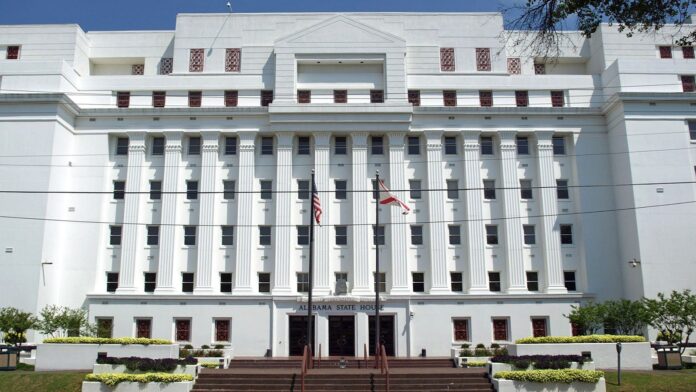
A gambling proposal to authorize lottery, sports betting, and multiple casinos across Alabama was approved by a legislative committee. The Alabama House Economic Development and Tourism Committee greenlighted the two-bill package on Wednesday, which puts the proposal in line for a significant vote in the state House of Representatives.
If approved by the state Legislature, the proposal would go before Alabama voters as a proposed constitutional amendment in the November general election, which will be the first public vote on gambling since a proposed lottery was rejected in 1999.
In Alabama, gambling legislation for the past 25 years has been stalled owing to a combination of opposition to legalized gambling and a turf war over who could get casino licenses. Lottery proposals since 1999 have become politically intertwined with the issue of whether to allow casinos.
In order to move forward, the bill needs the votes of two-thirds of both the Alabama House and Senate. This means that the proposed constitutional amendment will need 63 votes to win approval in the 105-member Alabama House of Representatives.
The effort is led by Rep. Andy Whitt, R-Harvest, who chairs the House Committee on Economic Development and Tourism. Whitt’s committee largely approved the proposed bill with just one “no” vote.
In pushing the bill forward, Whitt and Rep. Chris Blackshear, R-Phenix City, have emphasized the importance of cracking down on existing illegal gambling in Alabama and the need to give people the right to vote on the bill.
News agency AP cited Blackshear, who after the committee vote said: “In my opinion, this is the best piece of legislation put forward in a very long time to give the people the right to vote on if this is something they want in Alabama.”
Previous efforts have emphasized how the lottery would generate new money for education and revenues that could be generated through gaming.
The bill also includes a fiscal note that details expected costs and revenues. WHNT retrieved the fiscal note, which shows estimated dollars that could be generated by gambling in Alabama:
A one-time $5 million fee, per license for seven casino licenses; Gaming revenue is estimated to be between $315 million to $492 million annually. In a lottery, where proceeds would be used for game operations and education, the estimated revenues are between $305 million to $379 million per year. Sports betting revenue is estimated between $15 million and $41 million annually.
Proposal would authorize up to 10 casino sites in Alabama
The sweeping proposal would authorize up to 10 casino sites, including the three tribal sites operated by the Poarch Band of Creek Indians, with table games and slot machines, a state lottery, and would allow sports betting at in-person locations and through online platforms.
The proposed amendments approved by the committee include a 7 percent payment of lottery sales to retailers, and 10 percent of sports betting revenue earmarked for the Alabama Sheriff’s offices. It would also bar gaming commission members from having any ownership stake in a casino.
Republican legislative leaders have urged to prioritize the bill for the session, and they have been on the legislative fast track.
Republican Rep. Allen Treadaway of Morris was the only one who cast an audible no vote in the House committee. Treadaway, a retired assistant police chief in Birmingham, said he is concerned about enforcement and whether the legislation favors certain operators to win casino licenses instead of using a true bid process.
“The state stands to have a windfall here if it’s done right,” Treadaway said. “I can’t get past the fact that people will be rewarded who have continued to operate illegally for years to make millions. Open it up. Open bid.”
The legislation says the licenses will be put out for bid and includes a list of points that the commission can consider, including the applicant’s existing investment.
Republican Rep. Steve Clouse, who supports the bill, said he expects the vote to be “very close.” Clouse said many Alabamians cross state lines to buy lottery tickets, sales the state does not benefit from. He said: “We’re not making anything on the lottery, and we’re surrounded by lotteries now.”














